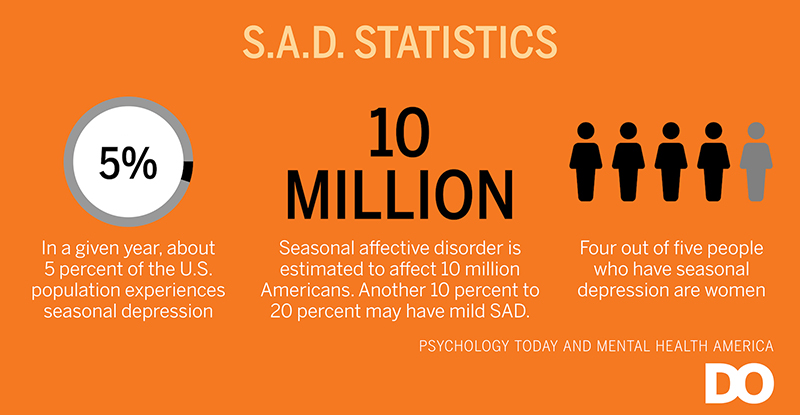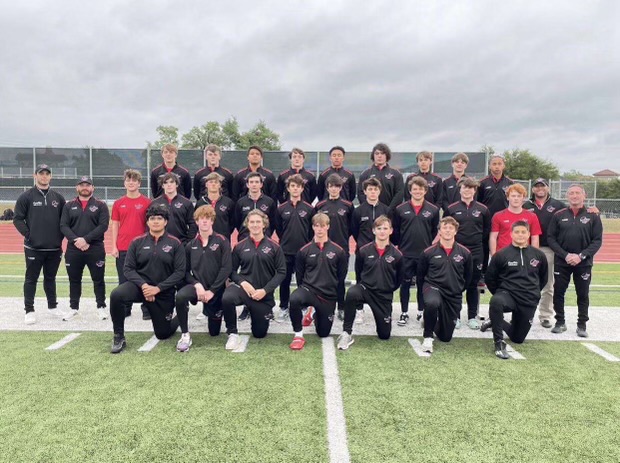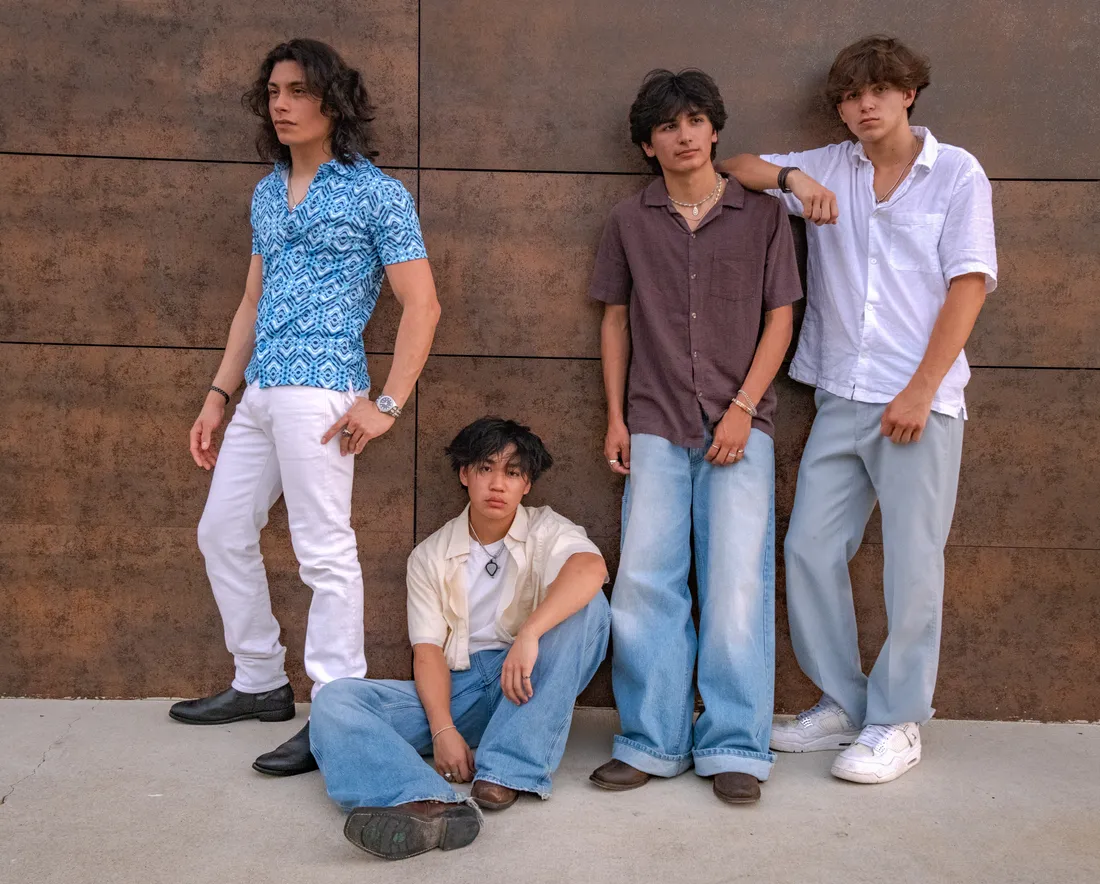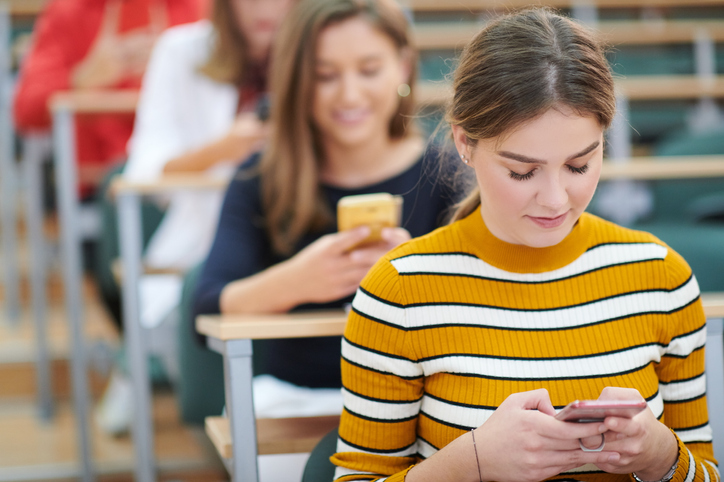“I’ll wait.” Two words commonly followed by an awkward silence, usually as the student who has been mindlessly scrolling through social media or sending snaps back to friends, scrambling to put away their phone, before it’s taken away by their frustrated teacher. Been there? Most students have.
From simply serving as a distraction to students to tempting them to cheat with AI, the use of devices during class time is a divisive topic for students and educators alike. Many students acknowledge how technology distracts their learning. “I hate to say it, but I think it distracts me,” said Cloe Decou, a senior at LTHS. But when asked if teachers should take phones up during class, Decou replied, “[it is] counterproductive [because] I have a hard time focusing.” Students can be distracted by not being able to check their phones for simple tasks such as telling the time or knowing the weather.
On the other hand, teachers have differing opinions on the ways in which students should use their phones in school. “I’m only ten years older than most of my students, but I feel like there’s a significant difference between the group that I was in and the current one’s attention span,” said Mary Cade, a sophomore AP world history teacher at LTHS. “In a perfect world they would be able to do that [monitor themselves in regards to phones], but they can’t.”
A main concern is that it is easier for students to cheat in class now more than ever. According to an article by Lootpress,“42 percent admitted to cheating on a homework assignment… from a survey of 9,000 U.S. high school students…” The students of Lake Travis are no exception, but many acknowledge that it’s up to the individual student to choose whether to uphold their own academic integrity. “Communication wise, it’s easier to cheat…[but] we can choose whether or not we want to cheat. Technology does not affect that,” said Decou.
At the same time, there are plenty of trustworthy students who could be allowed to use devices, which makes it difficult for teachers to implement a phone policy for the entire class. According to Pew Research Center, , out of 462 high school AP teachers…“43% say it is a minor issue” The major beneficial tool is that it gives students access to study resources.
Using AI is a method of cheating that teachers have to face, especially in the last few years. “There are ways to tell… when something is written in AI, there are ways that it will word things that is not the way a student would of their age,” said Cade.
While this is the case in many situations, research is beginning to show that some teachers are learning how to decipher between the students’ writing and the writing of an AI. From a student perspective, LTHS sophomore Natalie Gerlach added, “You can definitely change enough about an AI article to make it seem like you wrote it.”
There is no definite solution to the modern problem of cell phone use in schools. One part of the solution is to stop looking at it as a worldwide issue, and to acknowledge that excessive cell phone use is not an issue that affects every teenager. From a student standpoint, learning important life skills such as time management, distraction techniques, and self control can be learned from incorporating phones in the classroom. It is up to the student to uphold academic integrity, with the help of an adult figure such as a teacher.























